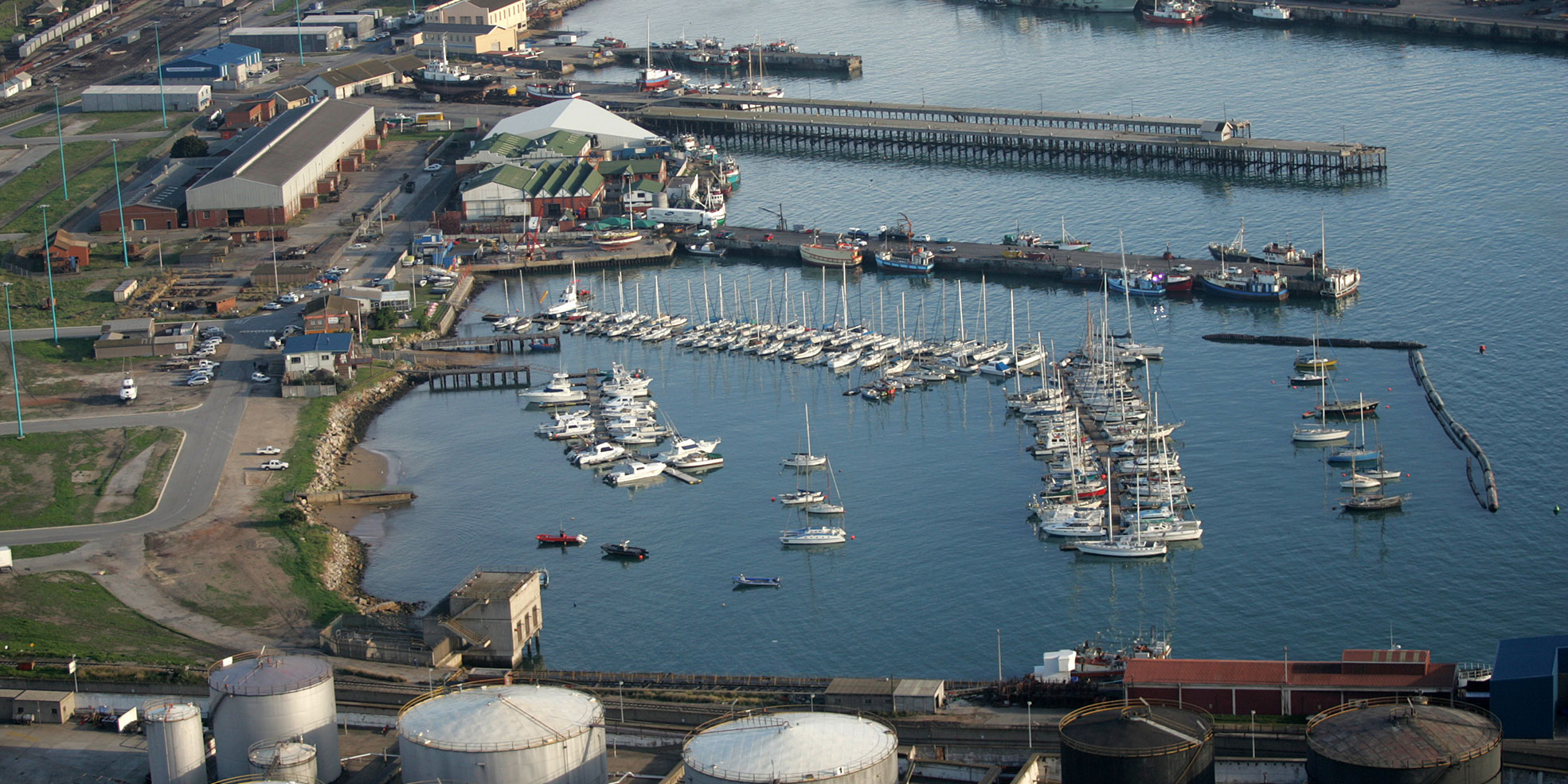In June 2024, a fuel tanker was piloted into Port Elizabeth Harbour when huge swells occurred. Even though it was under pilotage, it crashed into a crucial bunker normally used to transfer fuel to tanker trucks for distribution to petrol stations.
With this bunker rendered out of commission, liquid fuels wholesalers had to fetch petrol and diesel from East London Harbour.
“We have been bringing in 88 million [litres] in petrol and diesel every month by road from East London for distribution in Gqeberha and its surrounding towns since then,” Peter Morgan, the CEO of the Liquid Fuels Wholesalers Association of South Africa, said.
He pointed out that this was a 600 km trip and that fuel wholesalers had to buy extra tanker trucks to do this.
Exemption bid
Morgan confirmed his organisation had applied to exempt the Nelson Mandela Bay region and its surrounding towns (the pricing for petrol works in zones) from a projected huge drop in petrol and diesel prices expected in September.
The Automobile Association (AA) announced on Friday, 23 August 2024, that, based on unaudited mid-month data from the Central Energy Fund, fuel prices in South Africa are likely to drop for a fourth consecutive month.
According to the AA, petrol and diesel will cost less in September than at any other time this year. Current data indicates that 95 octane petrol may decrease by around 68 cents per litre, and 93 octane petrol will cost 63 cents per litre less. The diesel price will drop by around 52 cents per litre.
But not for Nelson Mandela Bay and its surrounding towns if the Liquid Wholesalers’ Association gets its way.
“Our problem is that there is nowhere we can pass on these huge extra transport costs,” Morgan said.
He said that while the association hadn’t asked for an increased price on the zone’s fuel, they had requested that the prices be kept the same.
He said the wholesalers had now written to the Department of Mineral and Petroleum Resources to ask for the petrol prices to be “recalculated as if the Port Elizabeth harbour is not there”.
“The alternative,” Morgan warned, would be disastrous.
“We will no longer supply the Nelson Mandela Bay region,” he said. “We can’t afford it any more.”
He said that while receipt of the application had been acknowledged, the association had not heard back, and it had not yet been approved by the ministry.
The application comes as the metro is gripped by a huge electricity crisis. The collapse of high-voltage pylons led to a power outage in a large part of the city that may, in the worst-case scenario, last until mid-September. As a result, many companies are relying on generators to keep going.
Read more: Parts of Nelson Mandela Bay face 14-day power outage, pylon repairs could take months
Berth delays
Nelson Mandela Bay has two ports. The Port of Ngqura does not have a facility where tankers can berth to deliver fuel.
Pamela Yoyo, the Transnet National Ports Authority’s manager for the two Nelson Mandela Bay ports, said an accident at the Port Elizabeth harbour in June 2024 damaged the dolphin structures on the tanker berth, rendering it out of commission.
“A service provider was appointed to conduct preliminary studies to determine the extent of the damage to the infrastructure and the cost of reinstating the berth,” Yoyo explained.
These included a vessel hull survey and diving inspection, a bathymetric survey (sonar and multibeam), a condition assessment of infrastructure and a berthing capability assessment.
But despite the urgency of the situation, Transnet is now still in the process of appointing a service provider to design and construct the berth. Yoyo said this process would conclude only at the end of September.
Yoyo said the damage was likely to be fixed only by January.
“In response to the incident, the Port of Port Elizabeth invoked the Business Continuity Management process. A service provider was appointed to conduct the preliminary assessment to establish if the remaining infrastructure was fit for purpose,” she said, adding that they were engaging stakeholders to provide progress updates.
“The berth is planned to be operational in four months from the time of appointing a service provider,” she said.
She said an investigation into the accident was complete, but “due to legal considerations, further details cannot be offered at this time”.
The Department of Minerals and Petroleum Resources has yet to respond to requests for answers and comments. DM





